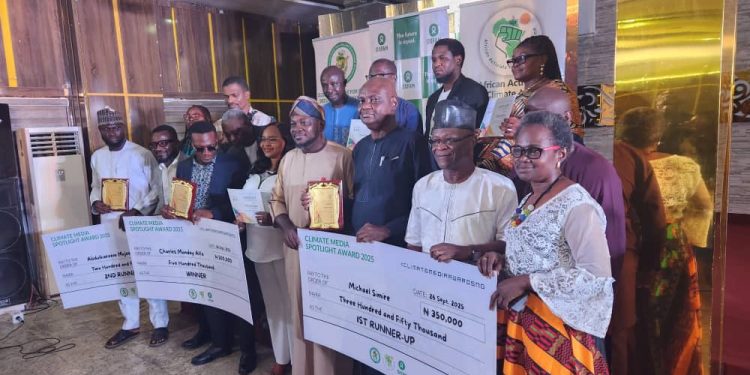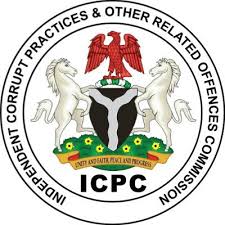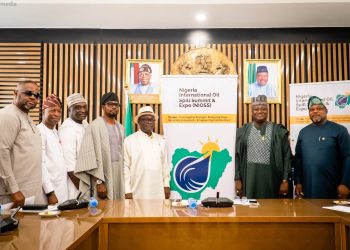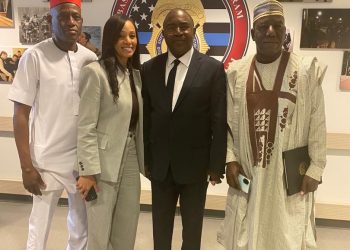…as stakeholders warn that the time for awareness is over and concrete citizen-led action is urgently needed
By Nkechi Eze
Climate change has emerged as one of the gravest challenges confronting humanity, and Nigeria is already experiencing its devastating effects. From the deadly floods that displace thousands annually, to the creeping desertification threatening the northern region, and the food insecurity worsened by erratic rainfall and prolonged droughts, the evidence of a climate emergency is undeniable. Experts warn that if unchecked, climate change will continue to erode livelihoods, deepen poverty, and undermine national stability.
Against this backdrop, the role of the media in shaping public perception and influencing policy cannot be overstated. In a country where misinformation and apathy often dilute urgent conversations, journalists hold a unique power to bridge the gap between scientific evidence and citizen awareness. This understanding informed the Climate Media Spotlight Award 2025, convened in Abuja as a high-level advocacy event to celebrate and strengthen the role of the press in the fight against climate change.
The initiative, spearheaded by the Global Initiative for Food Security and Ecosystem Preservation (GIFSEP) and its partners, brought together policymakers, civil society leaders, climate advocates, and grassroots organizations to honor outstanding journalists while reinforcing the urgent message that “the time to act is now.”
At the event, the Executive Director of GIFSEP, Dr. David Michael Terungwa, made a passionate call for stronger media engagement in climate change advocacy, stressing that Nigeria cannot afford to ignore the growing threat posed by rising temperatures, erratic rainfall patterns, and environmental degradation. Against the backdrop of worsening flooding, desertification, and food insecurity, Dr. Terungwa argued that the media must be repositioned as a central pillar in the fight against climate change. While acknowledging the contributions of civil society organizations and youth ambassadors who have consistently raised their voices on climate issues, he said a more structured and professional involvement of journalists is critical to shaping public discourse and holding policymakers accountable.
“The media must go beyond covering events to conducting field investigations and reporting evidence-based stories that reveal the science behind the crisis. Anyone can become a climate reporter, but beyond writing skills, there must be a basic understanding of the science and politics of climate change. The science is clear, temperatures are rising and greenhouse gases are increasing. Yet, the politics, driven largely by fossil fuel interests, continue to distort the conversation,” Dr. Terungwa declared.
He further announced plans to establish a Climate Journalists’ Platform in Nigeria as a hub for collaboration, information-sharing, and fact-driven reporting on climate issues, adding that accurate reporting and research-based journalism will be key to dismantling misinformation and building a more resilient society.
Also speaking at the event, the Country Director of Oxfam, Mr. John Makina, described climate change as “the most pressing issue of our time” and charged the media to play its role in countering false narratives, raising public awareness, and driving solutions. “The media must play its part in informing, questioning policymakers, and sustaining public discourse on climate solutions,” Makina said, noting that citizens rely heavily on journalists to amplify the voices of vulnerable communities already bearing the brunt of climate shocks.
In a goodwill message on behalf of the Presidency, the Special Assistant to the President on Climate Change Matters, Comrade Yusuf Kilani, reaffirmed government’s commitment to climate action and inclusive policies. He praised civil society organizations and media practitioners for pushing advocacy to the fore while stressing that synergy between government, non-state actors, and local communities is essential to building resilience. “Climate change is not a distant threat, it is a present reality. The Presidency is committed to aligning national strategies with global goals while ensuring that local communities are empowered to adapt. This fight requires collective responsibility, and we count on the media to bridge the gap between science, policy, and the people,” Kilani stated.
Representing the Ministry of Environment, Mr. Olanrewaju Akintola reinforced the urgency of immediate action. He warned that the options before Nigeria were clear-cut, either mitigate or adapt. “We either mitigate or adapt, there are no two ways about it. The media is central to this campaign,” he noted, stressing that awareness without action would not reverse the damage already being done to ecosystems and livelihoods.
The Strategy Director of Prom Comm Plus, Dr. Olumide Ojo, described climate change as a “hunger multiplier,” warning that agricultural productivity is projected to decline drastically due to extreme weather patterns. He commended GIFSEP for championing advocacy, including support for state-level climate policies and its push for the Environmental, Social, and Health Impact Assessment Bill. “Beyond advocacy, we need concrete action. The media must simplify complex climate issues so that citizens and policymakers alike understand the urgency of climate justice,” he said.
Similarly, the Country Director of CBN Global, Mr. Musa Abdulazzez, stressed the importance of grassroots mobilization, renewable energy adoption, and sustained advocacy as Nigeria prepares for COP30. He urged award recipients at the event to see their recognition not as the end of their efforts but as a call to do more, while inspiring others to take active roles in climate action.
Adding her voice, the Country Director of the Global Environment Facility (GEF) Small Grants Programme, Mrs. Ibironke Olabamishe, emphasized the critical role of grassroots communities in combating climate change. She explained that GEF, the world’s largest funder of environmental projects, has already partnered with nearly 200 civil society organizations in Nigeria, supporting over 240 community-based environmental projects across 30 states. “Communities are both the first victims and the first culprits of environmental degradation, which is why empowering them is vital,” she said.
Mrs. Olabamishe stressed the need for Nigerians to take personal responsibility for their environment, from avoiding indiscriminate waste disposal to adopting sustainable practices. She urged participants not to stop at attending advocacy events but to take concrete steps toward climate action. “Business as usual cannot continue. Human activities are driving this menace, and only deliberate, collective action can reverse the trend,” she stated.
Stakeholders at the event unanimously agreed that the climate emergency requires urgent, multi-sectoral action. They underscored that partnerships between government, civil society, the media, and local communities are essential to advancing climate resilience, promoting renewable energy adoption, and safeguarding sustainable livelihoods in Nigeria.
The event closed with a collective call to action, reminding Nigerians that climate change is no longer an abstract concept but a lived reality, and that the time to act is now. Highlights of the event included the emergence of Charles Alfa of the Nigerian Television Authority as the overall winner of the Climate Media Spotlight Award 2025, alongside the presentation of cheques and award plaques to other winners, capped by a group photograph session that reflected the spirit of solidarity and shared responsibility.

















